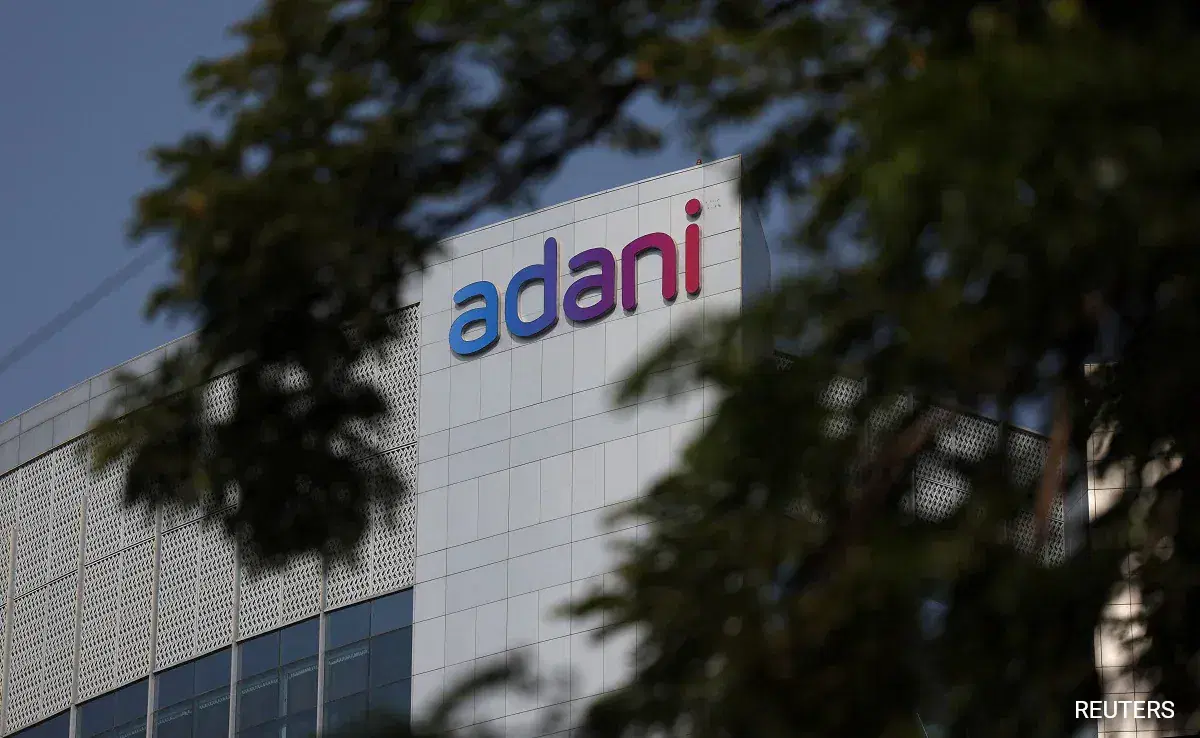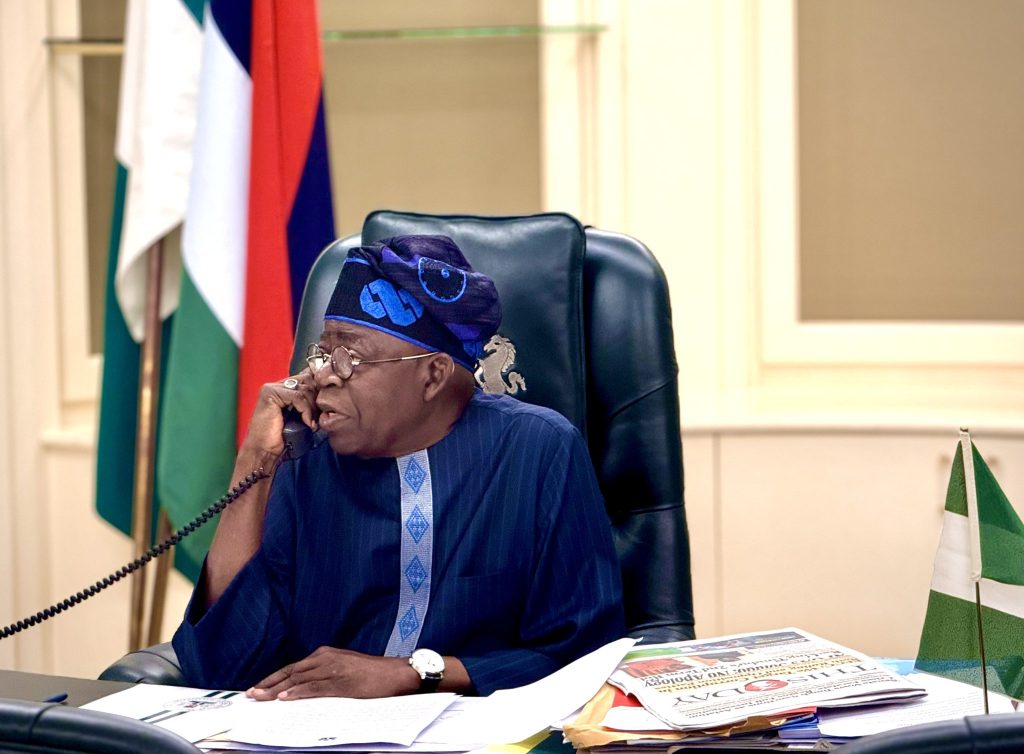Nigeria’s debt crisis is worsening, with the Federal Government borrowing a staggering N10.85 trillion from domestic sources between January and April 2025, according to fresh data from the Debt Management Office.
The surge in borrowing comes amid a 48.6% year-on-year spike in total public debt, which reached N144.66 trillion in 2024. Of this, the FG accounts for 95% or N137.28 trillion.
Debt servicing now consumes 150% of government revenue, up sharply from 65% in 2023. In 2024, Nigeria spent N5.9 trillion on domestic debt service (a 12% increase), while external debt payments rose 33% to \$4.7 billion. The country’s debt-to-GDP ratio also worsened to 52.9%, signaling growing fiscal strain.
A significant portion of borrowing came through short-term Treasury Bills, which jumped 8.3% to N8.38 trillion in early 2025, peaking in March before falling in April. Savings Bonds surged 49.5% to N17.29 billion, with analysts citing investor demand for high-yield instruments amid expectations of lower interest rates.
Despite the risks, investor appetite remains strong. In Q1 2025, bids for government securities totaled N3.33 trillion—more than double the N1.45 trillion offered. This comes as the IMF warns Nigeria and other developing economies to reduce borrowing, projecting a worsening fiscal deficit of 4.5% of GDP in 2025.
Experts are divided. While some say GDP growth offers breathing room, others warn that debt servicing is swallowing revenue. “We are on the brink of financial embarrassment,” said David Adonri of Highcap Securities.
Amid this, government spending on luxury—such as a new presidential jet and a N21 billion vice presidential home renovation—has drawn public outrage. Critics argue Nigeria cannot afford lavish leadership while the masses bear the burden of austerity.
The IMF is urging urgent revenue reforms and smarter public spending to prevent a debt spiral. For now, the growing gap between elite excess and public hardship is testing national patience.










